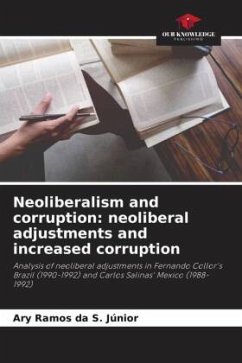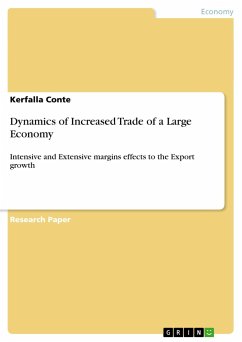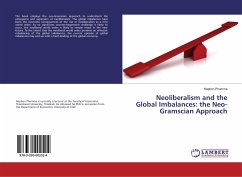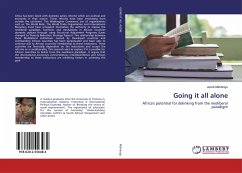The book, the result of doctoral research in Sociology, analyses the neoliberal policies implemented in Brazil during the Fernando Collor de Mello period and in Mexico during the Carlos Salinas de Gortari period, whose impacts brought about a reduction in the role of the state in the economy but, at the same time, revealed numerous cases of corruption and misappropriation of public resources. The measures adopted by these governments reduced the power of the state in the economy but, at the same time, made clear the power of hitherto little-known agents who controlled and used the state as an instrument of accumulation and economic and financial gains. Reducing the role of the state is essential to reduce the high imbalances generated by corruption, but it is up to political agents to analyse the sectors and economic groups that are acquiring these companies, because privatisation measures can generate large private monopolies, whose social costs may be even greater than public monopolies. To contact the author, visit his website: www.aryramos.pro.br.
Bitte wählen Sie Ihr Anliegen aus.
Rechnungen
Retourenschein anfordern
Bestellstatus
Storno








